New report finds global CO2 vehicle emission reduction measures falter; dropping diesels, increasing SUVs
Green Car Congress
MARCH 21, 2019
Vehicle fuel economy improvements have slowed globally, according to the latest report from the Global Fuel Economy Initiative (GFEI): Fuel Economy In Major Car Markets: Technology And Policy Drivers 2005-2017. Dieselization rate and average fuel consumption trends in selected countries, 2014-17. in the past two years. L ge /100 km.


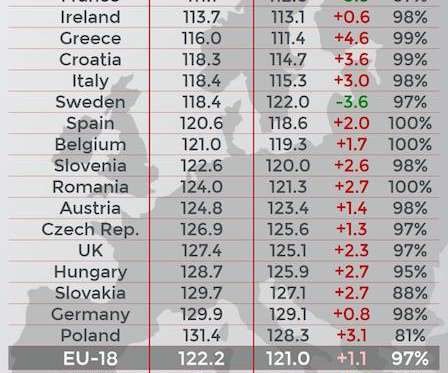
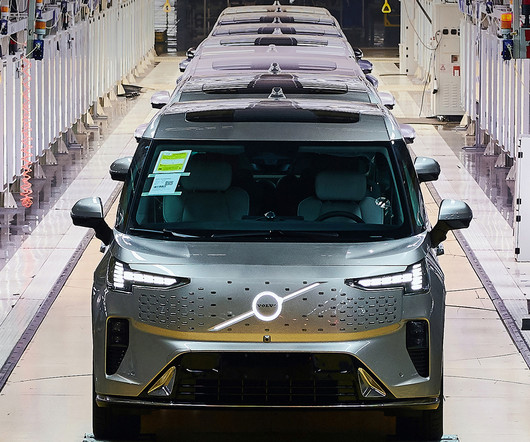





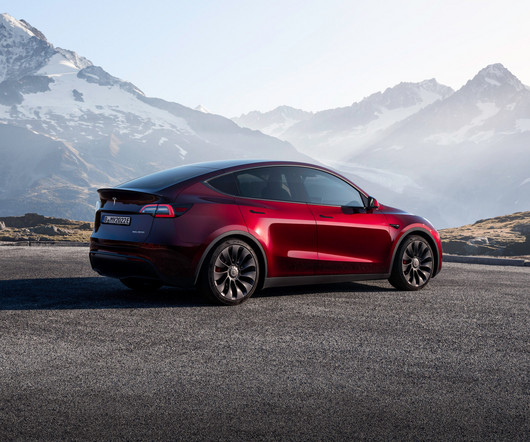

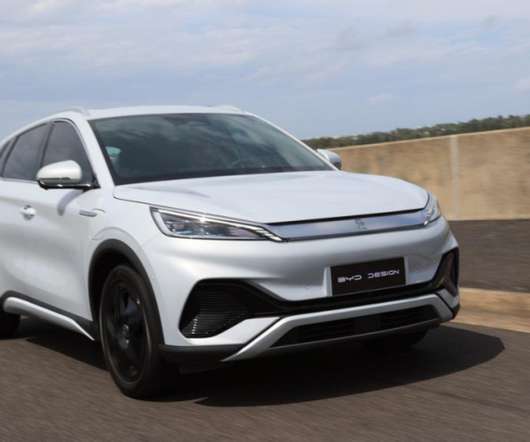
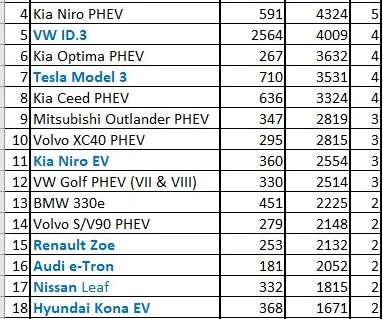

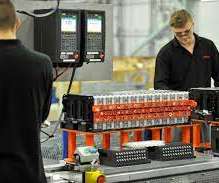
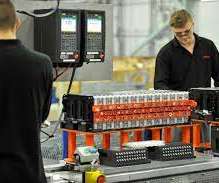
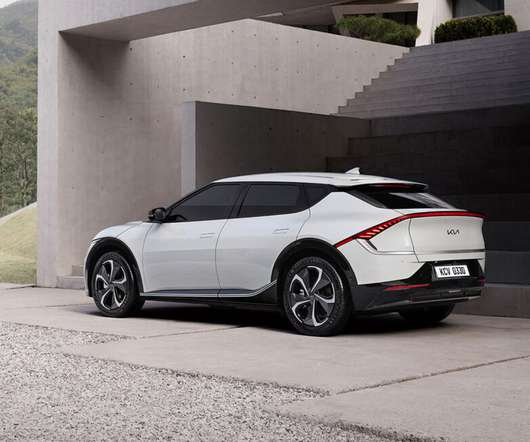






Let's personalize your content